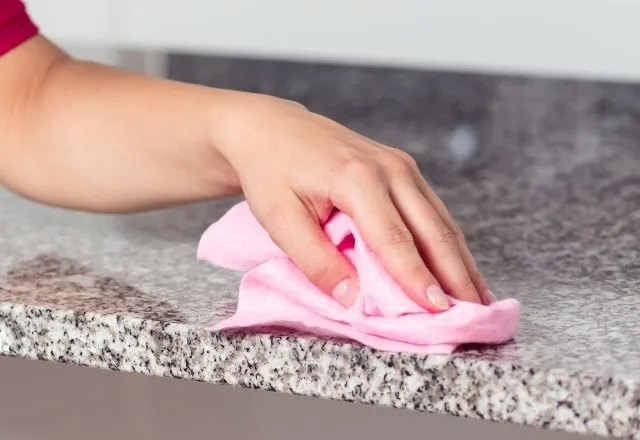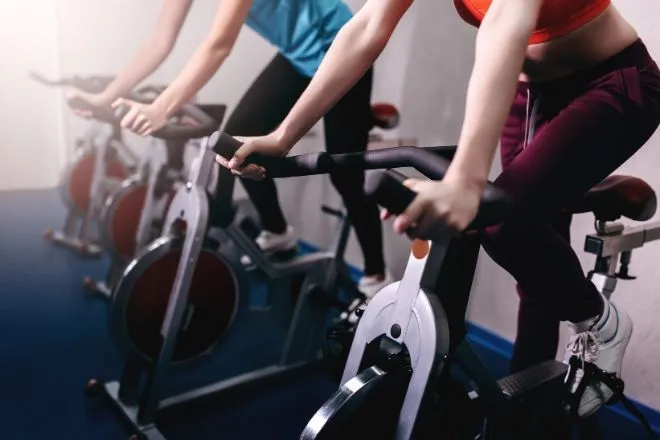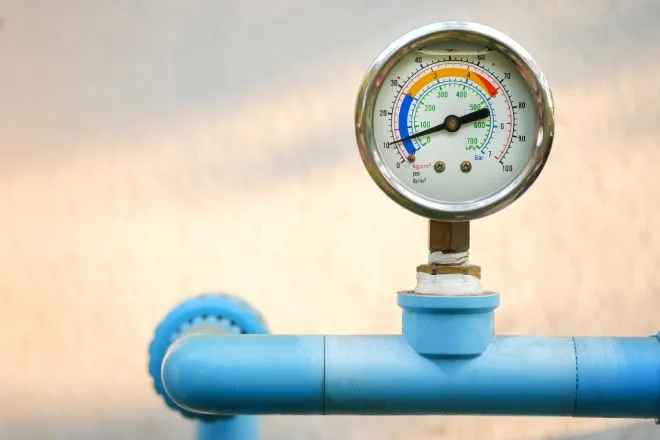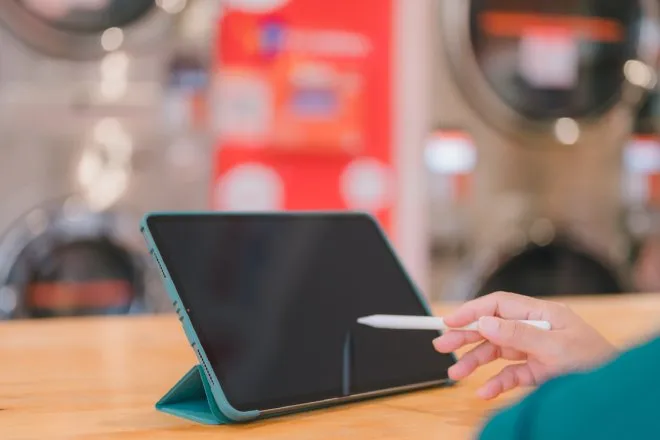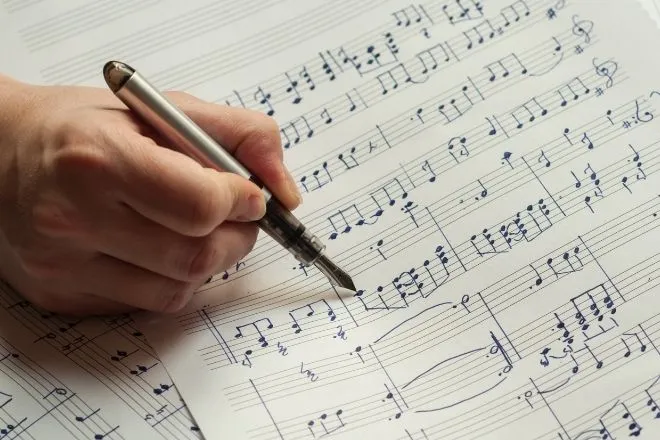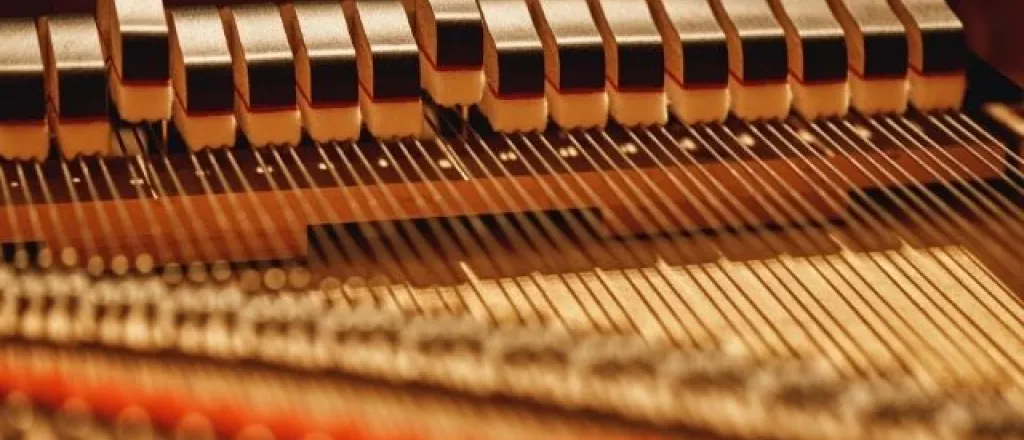
Proper Instrument Care: Maintenance Tips for Your Piano
Pianos are beautiful instruments that produce some of the most captivating music the human ear can perceive. However, while these large pieces of musical equipment create sound in its rawest form, they can’t keep doing so unless they’re well taken care of. Acoustic pianos are specifically very hard to care for, as they have a lot of components that need to be finely tuned in order to work correctly. But if you own one of these instruments, you should understand the fundamental maintenance tips for your piano.
Regulate Your Piano Room’s Temperature
Temperature has a larger impact on a piano’s overall condition than many owners think. As the temperature and humidity levels rise and fall, the wooden components of the piano expand and contract, which can affect the sound it produces. This occurrence can also cause certain components to age faster than normal and significantly reduce the overall performing life of the instrument. A major part of keeping your piano in good condition is to keep it in a space where you can easily control the temperature.
Look Out for Excess Humidity
Likewise, you should also be monitoring your piano room’s humidity levels in order to keep your instrument from sustaining structural damage. Humidity also causes the wood to behave differently, and while some humidity is needed to keep the material hydrated, too much can lead to the development of wood rot. This rot starts by infecting one area of the surface and quickly spreads to the rest of the device, weakening it and making it unable to perform. Because of this, it’s recommended that you keep the room’s humidity between 40 and 45 percent.
Remember to Get It Tuned
Another key maintenance tip for your piano is to regularly get it tuned. Even with the most ideal environmental conditions, the piano strings that produce tones are still prone to stretch over time. When they do, they begin producing different sounds that don’t align with the instrument’s proper tuning. For this reason, you need to understand how piano tuning works, but you must also be willing to call a professional to perform this task. Generally, pianos only need to be tuned twice a year to maintain their sound. But you may need to do it more often if you notice that it’s regularly falling out of tune.
Clean the Exterior Gently
When your piano has noticeably been collecting dust, you must take the time to wipe it down. As you do so, be aware that the instrument’s exterior can be incredibly susceptible to scratches and nicks. For this reason, you’ll need to use soft microfiber cloths and work in slow, systematic strokes to remove loose dirt and debris. Should you also notice smudges, use a damp, soft cloth to gently scrub them away.

